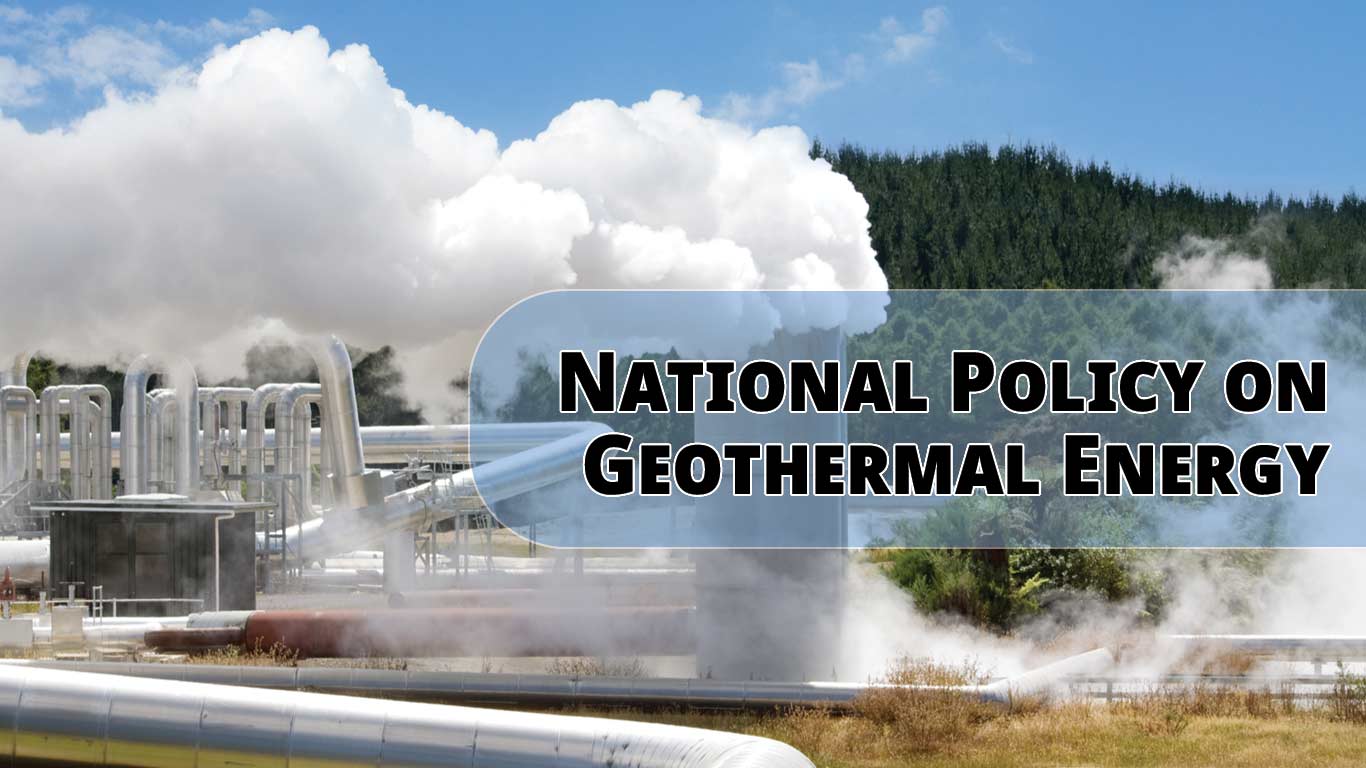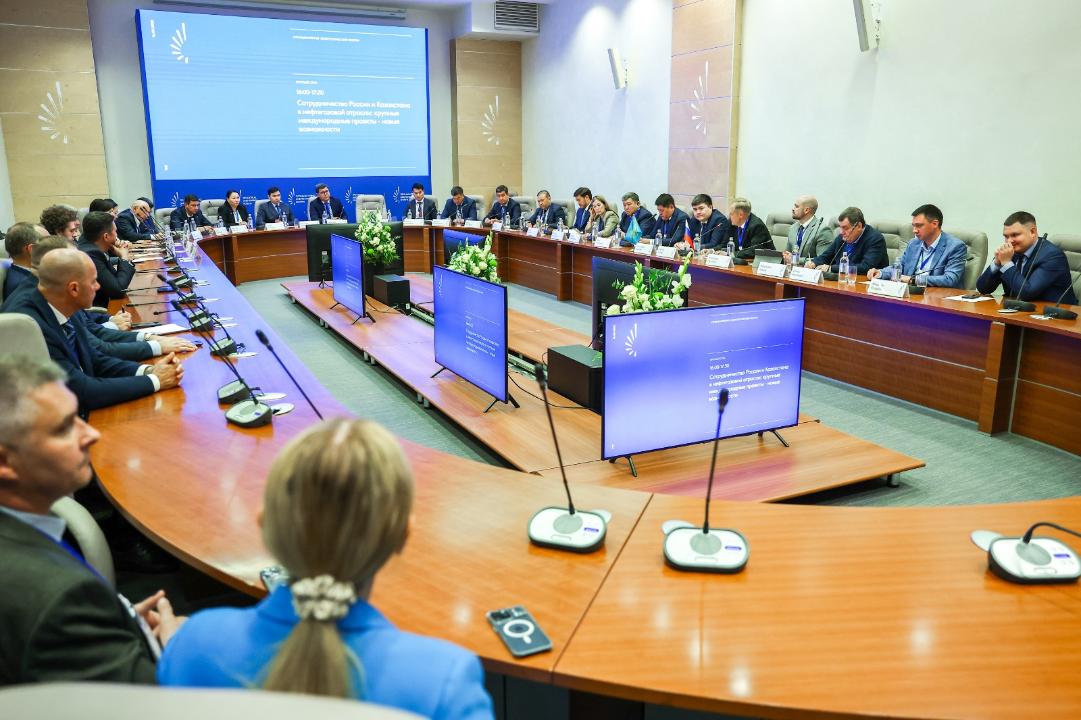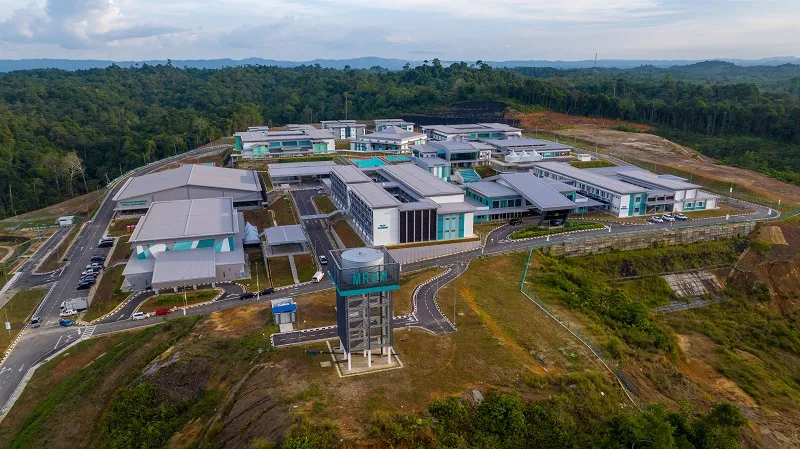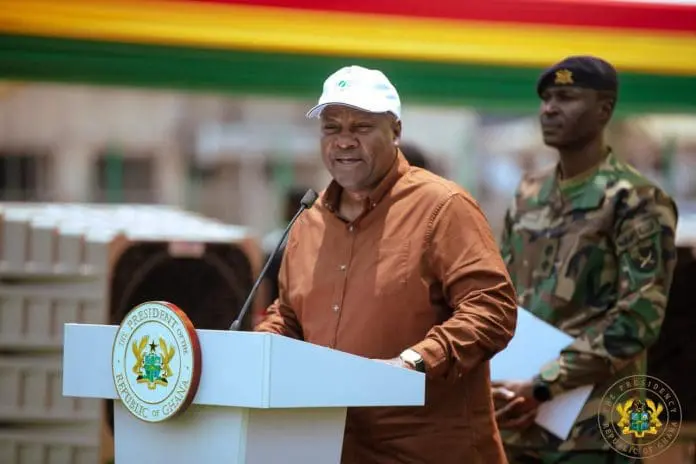National Geo-thermal Energy Policy Launched Covering Exploration, Project Development & Incentives

New Delhi, Sep 16 (KNN) India on Monday announced its first National Policy on Geothermal Energy, setting a framework for exploration, resource assessment, and project development across the country.
The policy, notified by the Ministry of New and Renewable Energy (MNRE), marks a significant step in diversifying India’s clean energy portfolio.
According to the Geological Survey of India, 381 hot springs with surface temperatures ranging from 35°C to 89°C have been identified across 10 geothermal provinces, including Ladakh, Himachal Pradesh, Uttarakhand, Arunachal Pradesh, Sikkim, Jharkhand, Chhattisgarh, Gujarat, Odisha, Maharashtra, and Telangana.
The ministry said geothermal energy offers a reliable baseload renewable source with capacity utilisation factors exceeding 80 percent.
Beyond electricity generation, the policy promotes direct-use applications such as heating and cooling, agriculture, aquaculture, industrial processes, and geo-tourism.
Support measures outlined in the policy include concessional land allotment, priority access to transmission networks, and financial incentives such as viability gap funding, concessional loans, sovereign green bonds, and exemptions from import duty or GST on geothermal equipment.
The policy also encourages partnerships between geothermal developers and oil and gas companies to repurpose idle or abandoned wells by leveraging existing drilling expertise.
MNRE highlighted that 100 percent foreign direct investment is permitted in the geothermal sector, while efforts will focus on building indigenous technology capabilities to reduce import reliance.
Implementation will involve international collaborations, pilot projects under the renewable energy R&D programme, and the establishment of Centres of Excellence in Geothermal Energy.
The ministry said progress will be tracked through periodic reports on resource assessments, pilot initiatives, and deployment milestones.
Covering both high-enthalpy resources for power generation and low-to-medium enthalpy resources for direct applications, the policy positions geothermal energy as a complementary element in India’s renewable energy mix.



